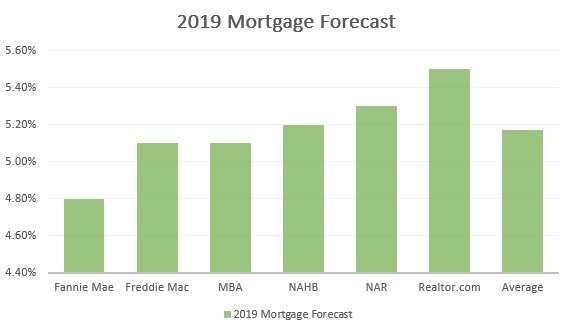While the best things in life go together like peanut butter and jelly, there are far too many things that are like oil and water; vinegar and milk; Kanye West and Drake. In other words, they don’t mix. Generally one would say debt and home ownership are one of these exclusive pairs however, that may be changing. A new report from the U.S. Department of Housing and Urban Development states the changes and various forms of debt with there effect on home ownership.
According to the report, the average debt-to-income (DTI) ratio of FHA purchase mortgages hit 43.09 percent—an increase year over year for the sixth straight year, and the highest average DTI ever. Additionally the amount of higher risk FHA-insured mortgages, or those with a DTI ratio of more than 50 percent, also increased four percentage points from 2017 to 24.80 percent. For context, your DTI ratio must fall below 43 percent for most lenders to approve you for a conventional loan—the report found that the majority (54.60 percent) of those who bought FHA purchase mortgages had a DTI over this threshold.
What does it mean
As time has told, The Federal Housing Authority (FHA) loans are aimed at assisting those shut out from conventional mortgages still achieve home ownership. Because there federally insured, those receiving the FHA loans usually have lower credit scores and smaller down payments. FHA loans play a major part in low and moderate-income families purchase there first home, a ctually 33.76 percent of FHA endorsements went to minority borrowers in 2018. In total, the FHA has given more then 47.5 million mortgages or 12.10% of single family mortgages since it began in the 1930's. While the increase over years may seem shocking, it is not just occurring with FHA loans. The annual mortgage report confirms suspicions that debt like student loans are affecting first time home buyers' entry into the real estate market. But rather than letting debt keep them renting, they're now finding ways to buy homes anyways—debt and all.
ctually 33.76 percent of FHA endorsements went to minority borrowers in 2018. In total, the FHA has given more then 47.5 million mortgages or 12.10% of single family mortgages since it began in the 1930's. While the increase over years may seem shocking, it is not just occurring with FHA loans. The annual mortgage report confirms suspicions that debt like student loans are affecting first time home buyers' entry into the real estate market. But rather than letting debt keep them renting, they're now finding ways to buy homes anyways—debt and all.
Approval standards
Across the board mortgage approvals seem to be relaxing. Why is this you might ask? This past June, an analysis found that a percent of all conventional conforming loans were going to "risky" borrowers. This change is linked to the slowing of the housing market. Since more millennial's have larger debt because of student loans and stagnant growth, banks have widened the applicant pool so people still apply and purchase mortgages. While this is great you still need to be weary of going "house broke" over what you can actually afford to live with in a monthly mortgage amount.
More FHA borrowers are getting financial assistance from friends & family while securing there mortgage, in 2018 alone 26.16% of purchasers received funds from said source. Millennial's have either co-existed to save funds or never left there parents home because of the cost for housing. Zillow, the popular rent, sell, and buy housing site reported that nearly 54% of urban buyers used family funds to help cover the down payment.
Disadvantage applicants
While it is not a big shock that such a large portion of FHA applicants are getting financial assistance from personal gift funds, you factor in the purpose of the loan is aimed at disadvantage applicants but the playing field is not the same. One interpretation of the data could be that those who traditionally would not have been able to purchase are now in homes due to the extra boost of financial support regardless of the four factors that plunged millennial buyers to begin with-student loan debt, fewer financial assets, low credit scores, and super expensive home prices.
If this is true, that means many of the financially disadvantage applicants who would have benefited from the loan could be pushed out of the buyers’ market simply because they lack the outside financial support. Either way this shows how much harder it has become for home buyers to get a mortgage then what older generations faced. This is why Advantage Home Plus (your employee home ownership program) has in place the education and planning tools readily available to potential disadvantaged buyers. We want all employees to have access to the same helpful resources while utilizing the individual expertise of their non-commissioned benefits advisor on how they can have a home of their own.
If you’d like to learn more about your employee home ownership program, click below to set up a time to talk with your benefits advisor. Many employees save THOUSANDS off their traditional mortgage loan costs and/or real estate commissions when they use their benefits.
-jpg.jpeg?width=202&name=2021%20Logo%20AHP-2A%20Color%20(002)-jpg.jpeg)












